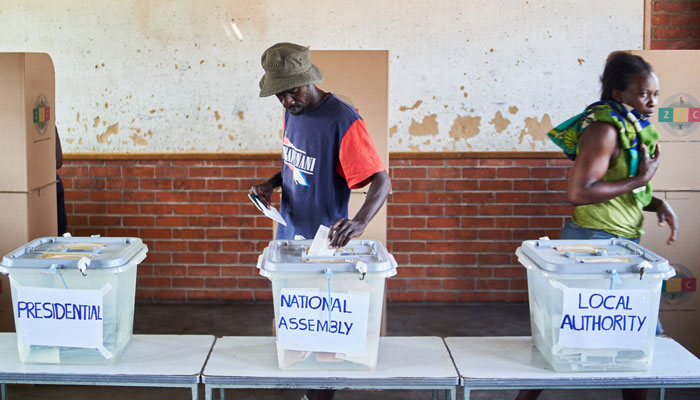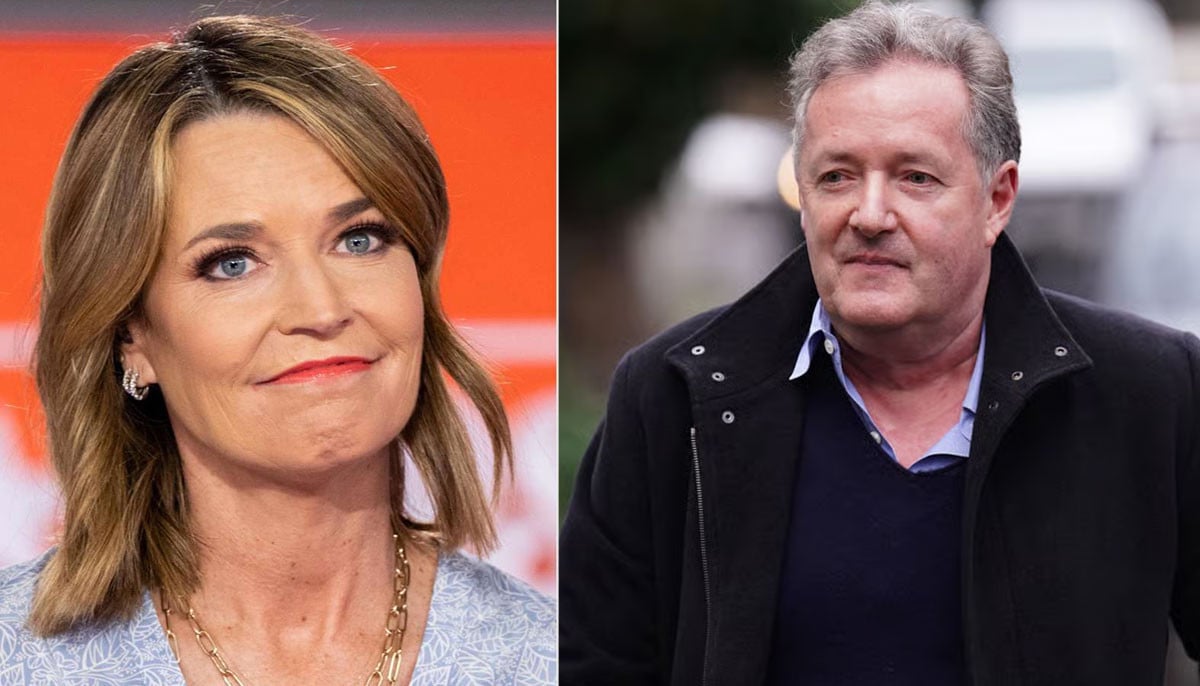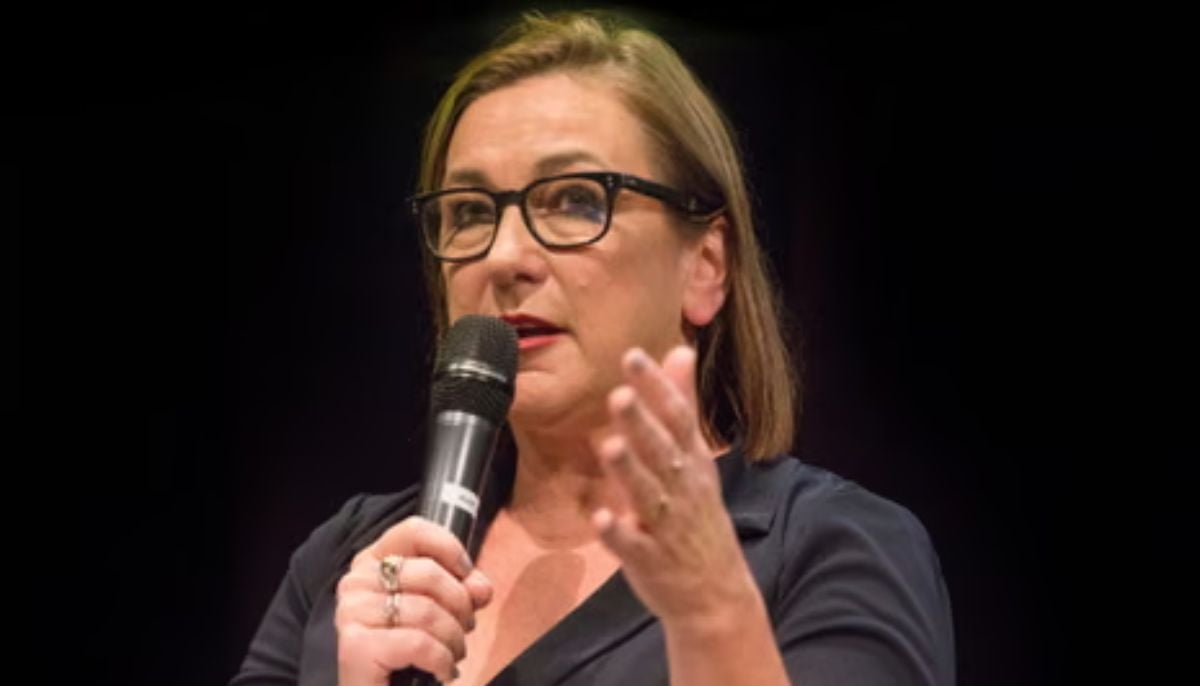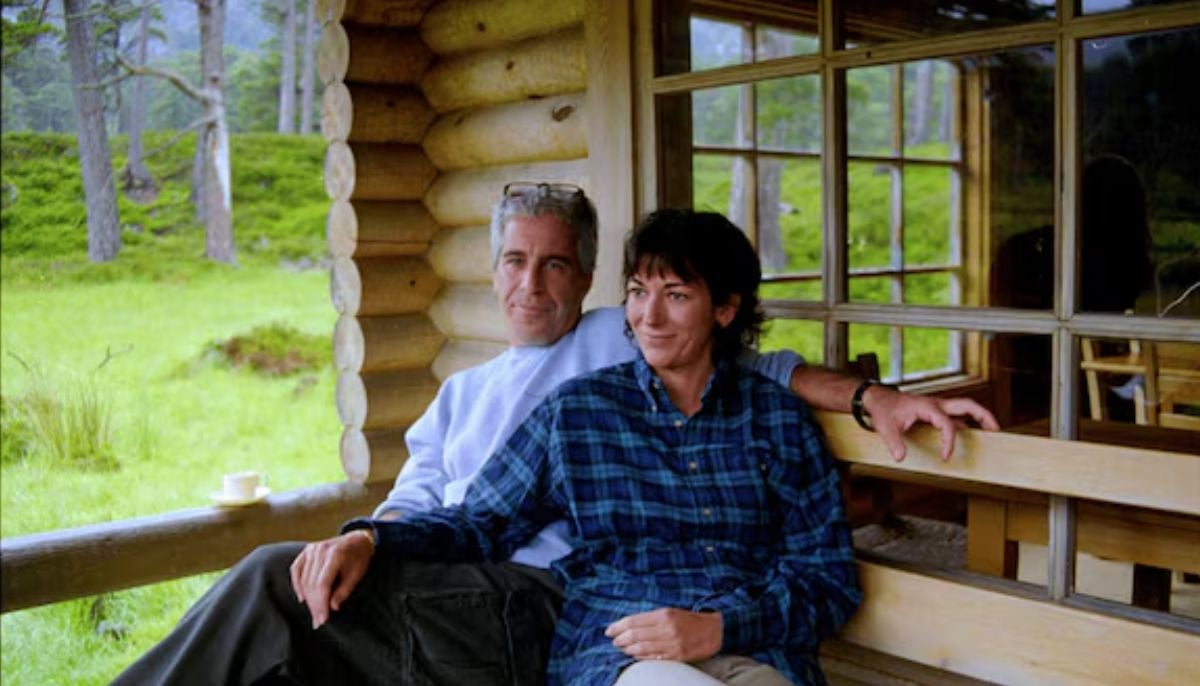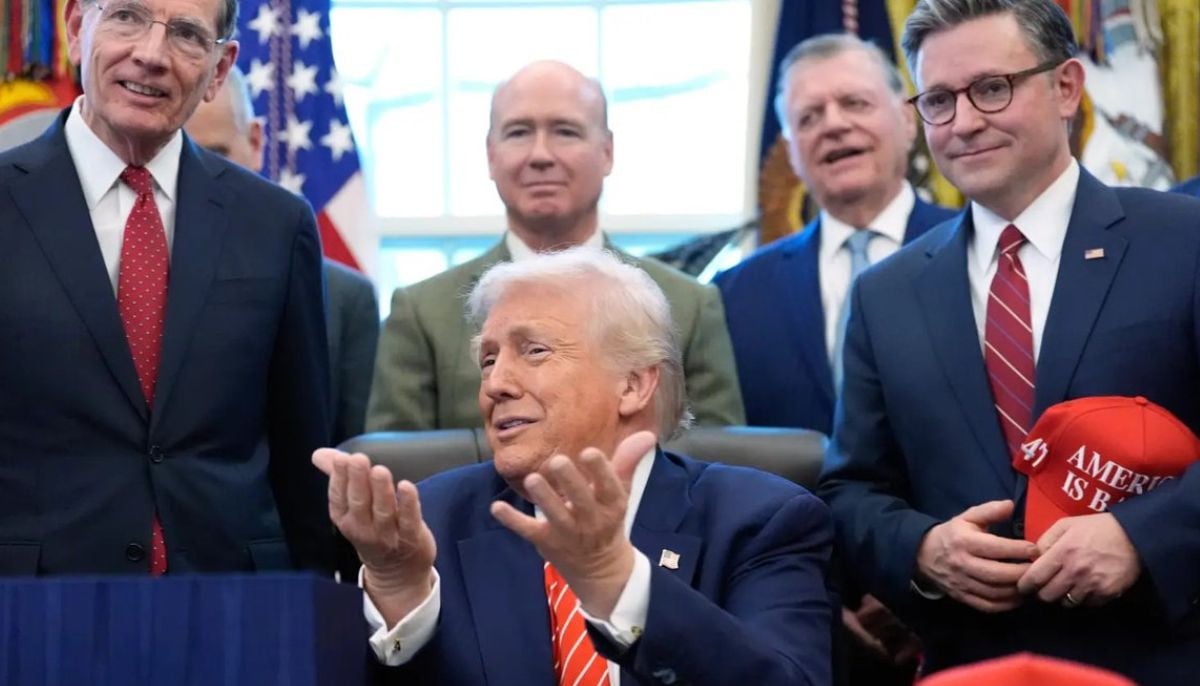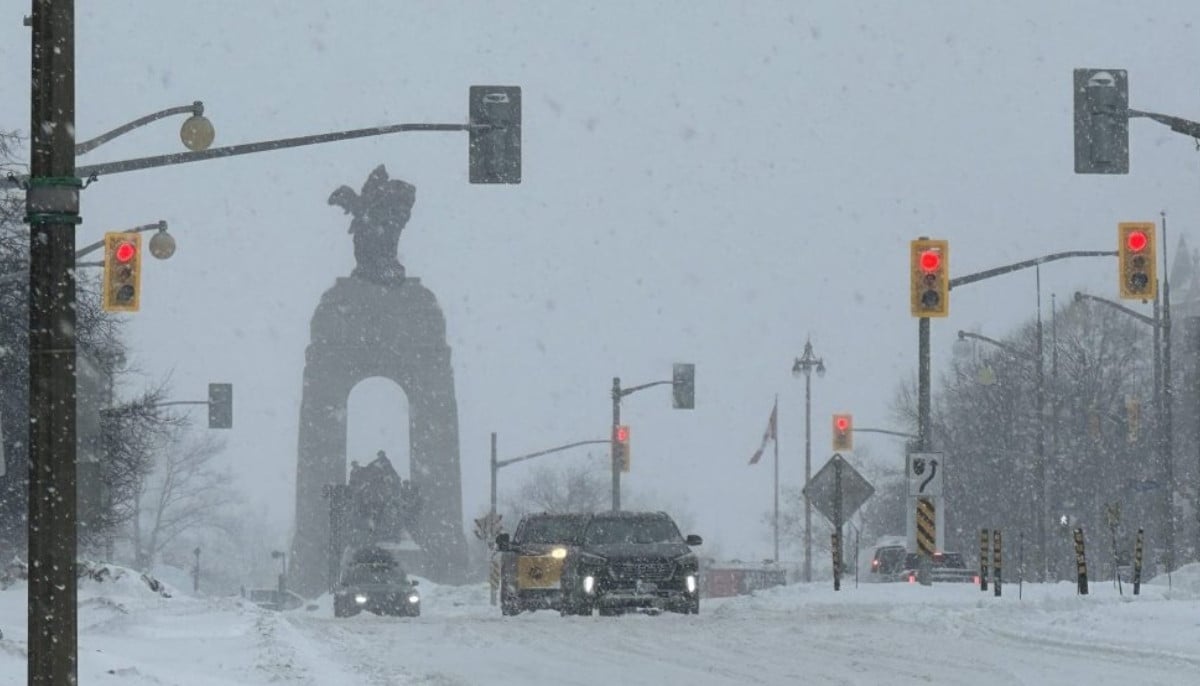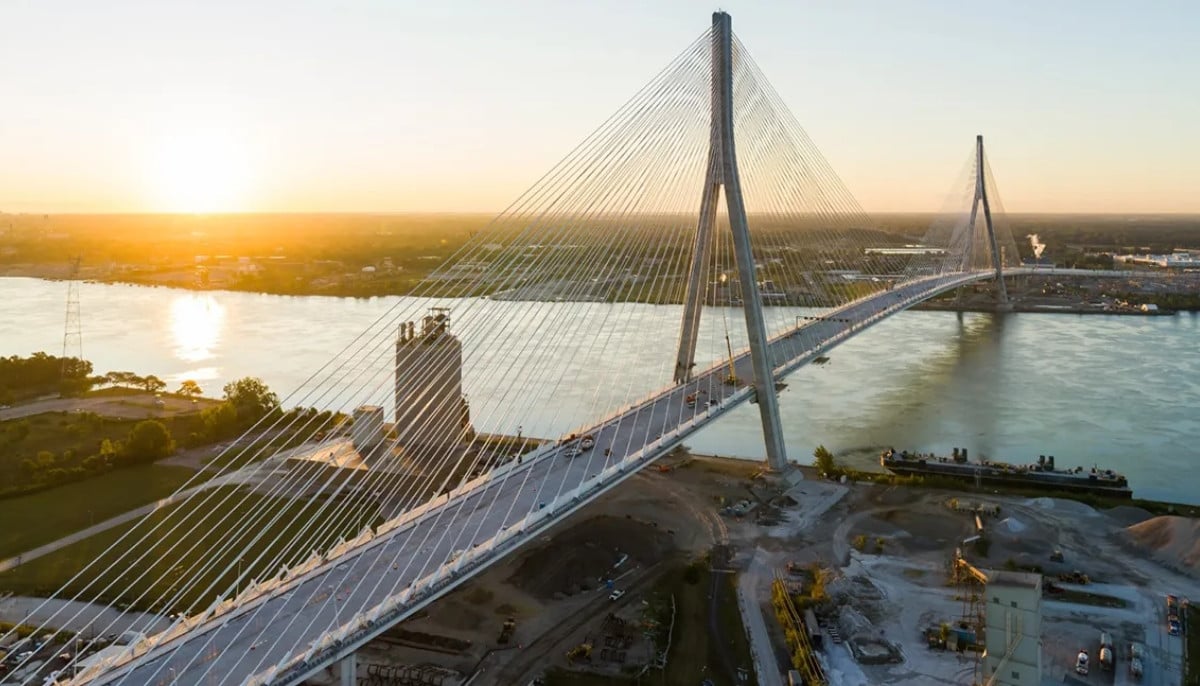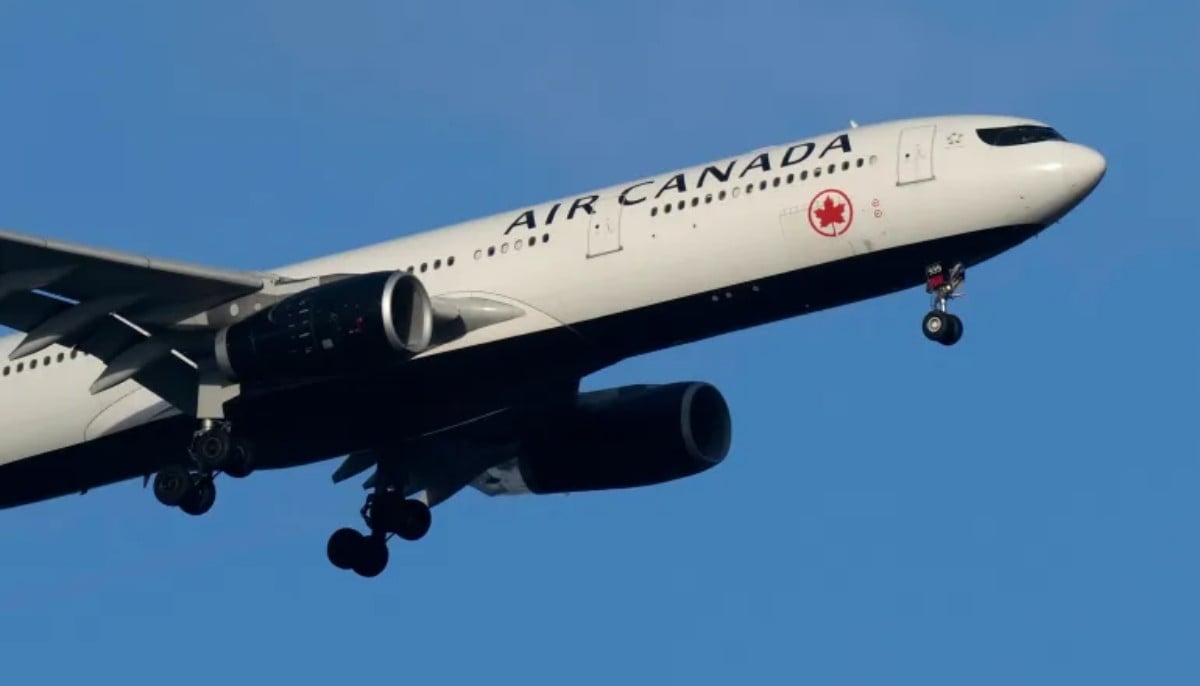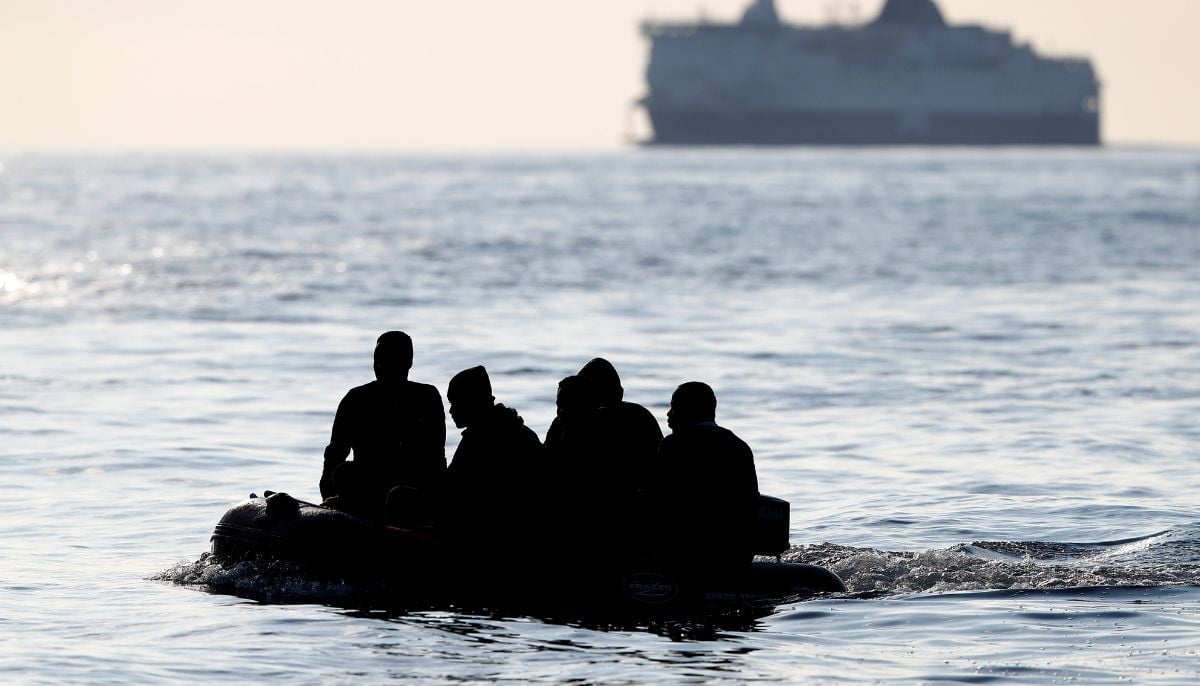Election commission's 'ballot blunder' delays Zimbabwe polls
Zimbabweans are casting their votes for a president, legislators, and local authorities in general polls
Voting in key urban polling stations in Zimbabwe's Harare and Bulawayo was postponed by four hours due to the failure of polling officers to distribute the necessary papers for the council elections.
Zimbabweans are participating in a crucial electoral event, casting their votes for a president, legislators, and local authorities.
High expectations and voter frustration
The incumbent president, Emmerson Mnangagwa, is seeking re-election for a second term.
However, the delays prompted frustration among voters who criticized the Zimbabwe Electoral Commission (ZEC) for inadequate management.
“I came here at 5 am knowing that the queues would be long but four hours later I am still to vote. ZEC must do better,” expressed Cynthia Muvirimirwa, a 34-year-old schoolteacher waiting in line north of central Harare.
Elderly voters affected by delays
Elderly citizens who had queued early in the morning had to leave a polling station in Mbare, a populous suburb of the capital, due to the extensive delays.
Concerns were raised about this situation, with Isaac Matara, 40, highlighting the plight of older voters: “Authorities must look into this issue. Now we have the elderly waiting for hours without casting their vote.”
Commission admits delays and calls for patience
Acknowledging the printing delays for ballot papers, the commission issued a statement urging patience from voters facing delays at polling stations.
The overall voting process was characterized by political observers as disorderly, raising questions about the efficiency of the electoral procedures.
Opposition leader voices discontent
Nelson Chamisa, the opposition leader aiming to challenge Zanu-PF's long-standing grip on power, suggested that the delays might have been intended to frustrate his supporters. Nevertheless, he remained resolute in his belief that his party would triumph. He expressed concern about the situation, emphasizing, “The Zimbabwe Electoral Commission has disappointed the citizens.”
President Mnangagwa, who narrowly defeated Chamisa in the previous election, cast his vote in Kwekwe. He expressed confidence in his victory and reaffirmed his commitment to addressing the nation's enduring economic issues during his tenure. Despite his promises, unemployment, inflation, and currency devaluation have persisted.
Challenges and expectations
Zimbabwe's history has been punctuated by contested elections since gaining independence from the UK in 1980. Ahead of this vote, human rights groups pointed out familiar challenges, such as irregularities in the voter roll, media bias, and the use of law enforcement and legal institutions to hinder opposition campaigns.
Polling time and counting
With polling stations set to close at 7 pm, the vote-counting process will commence. For a presidential candidate to secure victory, they must obtain over 50% of the vote and two-thirds of parliamentary seats, securing a clear majority in both spheres.
As Zimbabwe navigates this election amid economic turmoil and logistical hurdles, the outcome remains to be seen.
-
Trump nears 500 press interactions in his second term, surpassing former President Biden
-
Snow forecast warns of reduced visibility and travel risks in Ontario
-
Casey Wasserman says he ‘deeply regrets’ Ghislaine Maxwell emails after DOJ file release
-
Gordie Howe Bridge faces uncertainty after Trump warning to Canada
-
Air Canada’s flights to Cuba halted as aviation fuel crisis worsens
-
At least 53 dead after migrant boat capsizes off Libya
-
'God of War' announces casting major key role in Prime Video show
-
Baby left in running bathtub dies after father ‘forgets’ him
